Note: This story discusses childhood abuse and body dysmorphia.
Even when people thought they had a normal childhood, sometimes they will experience a situation later in life that indicates maybe their childhood was a little different than they thought.
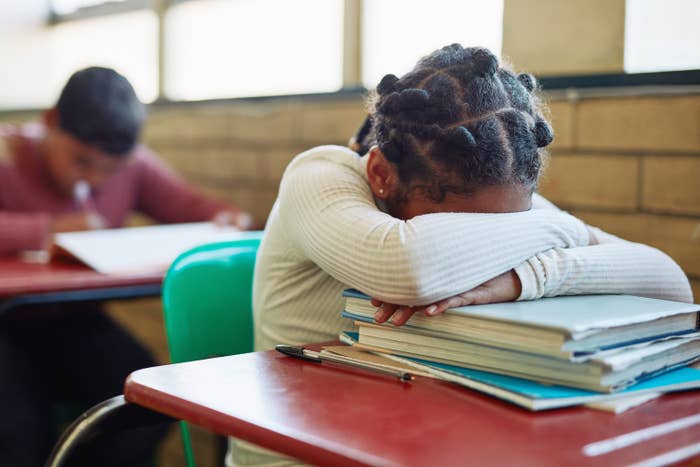
So, when I saw that a Reddit user asked the r/AskWomen subreddit: "When did you realize, as an adult, that you had childhood trauma? And how did it show up for you?" I thought it would be helpful to share their stories to see if others might resonate, especially for Mental Health Awareness Month. Here's what they had to say below:
1. "When I would tell ‘funny’ stories about my childhood and people didn’t laugh. Instead, they looked shocked and asked if I was ok."
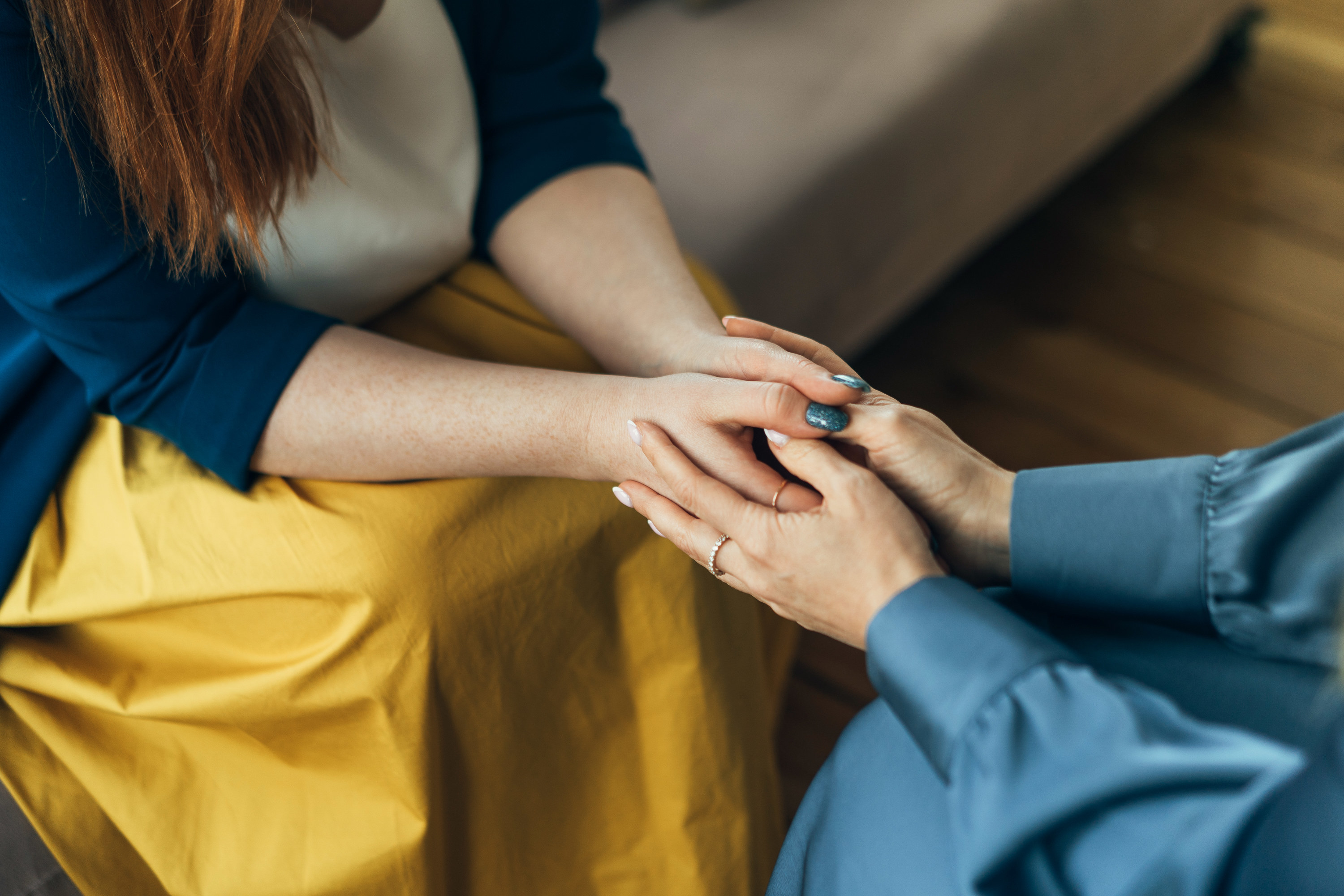
2. "Standing in the Museum of Natural History in New York City, in front of a temporary exhibit on recent scientific findings regarding epigenetic changes in the brain after early childhood abuse. It was a weekend, so the place was packed and I couldn't stop the tears. After a few minutes, a museum employee appeared with a box of tissues and directed me through a nearby employees-only door, behind which was a little corner set up with a comfy chair, a table, and more tissues. Apparently, I wasn't the first person to have a breakdown in front of that exhibit."
"After that, I started doing in-depth research on childhood-onset PTSD, and suddenly, my life started to make sense. I don't know how else to put it. And then, the rage came. That took a really long time to work through. 10-plus years. I still struggle with forgiving the people who should have helped me when I was a kid."
3. "I made friends with a big group of mostly guys majoring in philosophy. They’d always like to debate when we were hanging out, and sometimes, they would get heated and intense. Whenever they would raise their voices, I would shut down, be still, and stop speaking. I started observing myself and realized that was something I was trained to do; make myself smaller so that I wouldn’t become the object of my parents’ frustration when they were raging."

4. "My partner got really drunk (which is fine, he very rarely drinks more than two drinks at a time, and this was the first time I had ever seen him drunk), and it triggered a PTSD episode in me. My dad was an alcoholic. After that, I started thinking about it and realized I'm always slightly triggered around drunk people, but seeing my partner in that state really affected me."
5. "In my mid-20s, I realized I didn't really share my life or my accomplishments with anyone. I had become a hermit. After talking to my sister, I realized that the reason I don't share things with other people is because my mom is a ruiner. Any accomplishment or exciting thing we had going on in our lives, she would ruin it and turn it into a negative. A great example of this is when I bought myself a gaming system I was really excited about — and when I brought it over to show them, she told me I was wasting money and time playing stupid games and should be out finding a boyfriend. I still find it really hard to talk about myself and my accomplishments or things I'm just generally excited about."
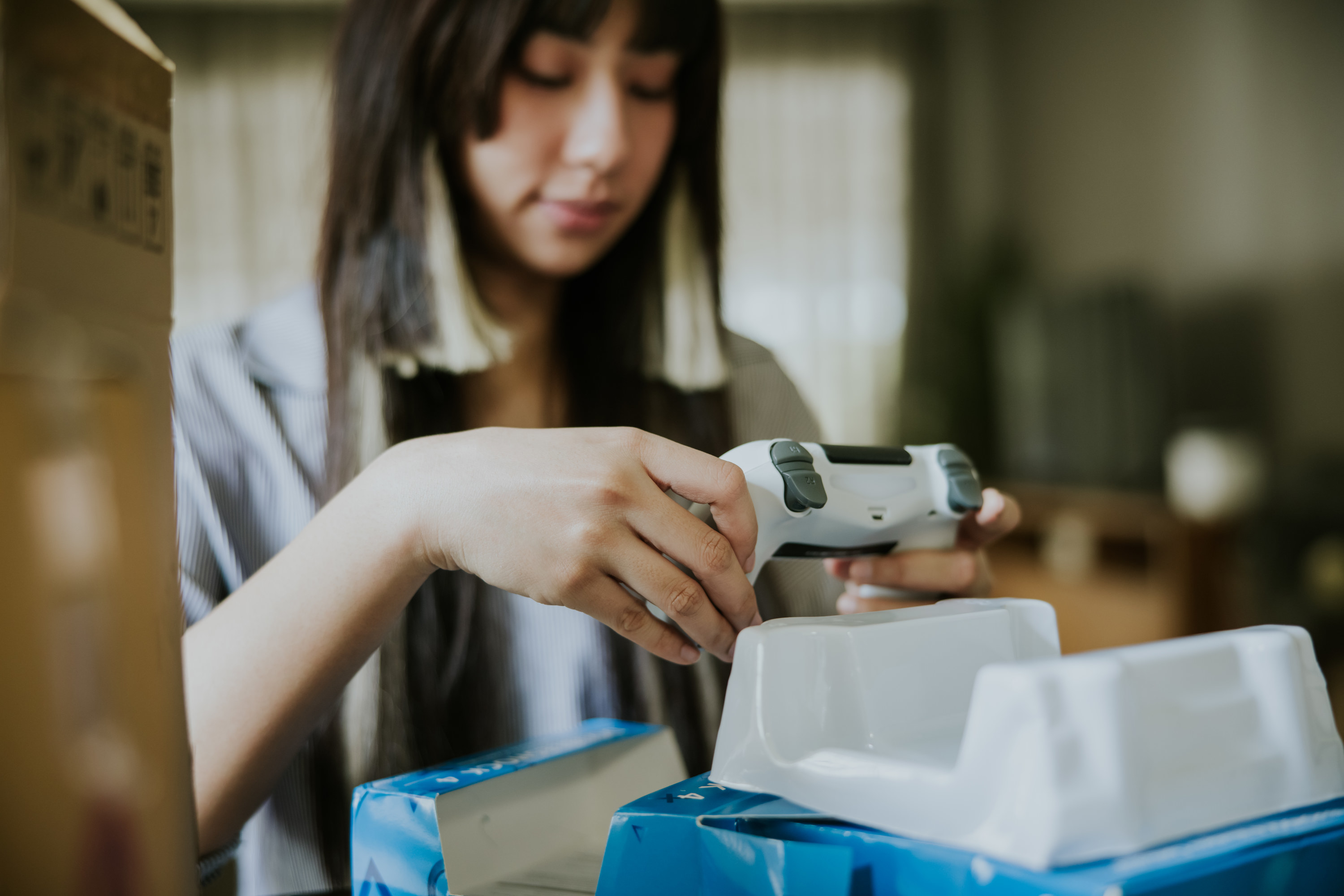
6. "A few years ago; I'm in my 30s. I have always thought I was 'timid' or introverted, but this is actually the consequence of trauma. I'm an avoidant or fearful-avoidant huge time. I haven't had a real relationship because I run for the hills once someone shows interest. I distance myself or start being rude, so I self-sabotage. I'm highly independent, so I never reach out for help. I have a hard time with intimacy (emotional and physical), and I never start it on my own for fear of being rejected or mocked. I always find defects in people and have a hard time finding positive stuff (I hate this). I'm jealous of people living my dream life instead of looking up to them. I have a hard time expressing my feelings."
"I daydream a lot; it's probably maladaptive daydreaming. I get pretty attached to stuff emotionally. I've had anxiety my whole life. I'm pretty sure I disassociate, and I think I may have either depression or ADD. I'm sure there's a lot more, but that's what's on top of my head."
7. "I was in my late 20s when I discovered the concept of emotional neglect. Suddenly, a lot of my 'quirks' made sense. I had high perfectionism because nothing I did or said could warrant a positive reaction. I was very prone to guilt and shame. I had a strong suppression of my outward expression (i.e. My feelings didn't receive a response or were considered an annoyance, so why bother expressing them?). I was not paying attention to/I had a general detachment from my inner self (I was not in touch with my feelings, wants, or needs, and I didn't even recognize my detachment until my mid-20s because of, ya know, the detachment). I never even thought to ask for help with things because the urge to ask for help was conditioned out of me at a young age since no one ever actually helped me with anything. I also strongly felt like an alien."

8. "I realized recently how much medical neglect I'd suffered as a kid. Many of my health issues are lifelong things my mom told me I was making up or exaggerating. I was told I was being lazy or 'forgetting things on purpose.' I'm in my late 40s and was just diagnosed with Autism Spectrum Disorder and ADHD. I've also been told by one of my doctors that I should get tested for hypermobility EDS. My entire childhood makes much more sense now."
9. "Three years ago, when I was 24, I got my first full-time job/career as an adult. I lived alone and just felt so comfortable and relatively unstressed in my home. It hit me that I should’ve felt that as a child a long time ago; not for the first time in my mid-20s."

10. "I was having emotional reactions to certain situations in romantic relationships (e.g. fears of rejection or abandonment) that went far beyond what would be reasonable/normal for what was actually going on. As I started to read about the effects of trauma, including stuff like hypervigilance and getting triggered, I realized I had experienced many such symptoms for most of my life, and that this probably had to do with what I now realized had been emotional abuse I'd endured as a child."
"I'd also noticed that therapy modalities such as cognitive behavioral therapy didn't really work for me, and I've since learned that's because CBT and its ilk only attempt to treat the symptoms of trauma (and other mental health issues), rather than making any attempt to heal the underlying issues/traumas that are causing those symptoms."
11. "I was mildly aware of childhood trauma because of my stunted emotional growth. Then, I got into a healthy relationship and realized there were several things that I didn’t understand that were normal for other people but not for me and vice versa. My partner points out the things that I do so I’m aware of the things that show up in my relationship that aren’t 'normal,' for most people. Like, I’ve never felt safe in my own home, and there was a huge element of hoarding and not being able to live in a room that was 'mine.' So, I live like a bachelor. I have as minimal things as I need to be able to dip as fast as possible, even if I’ve been there for a long time. I’ve chalked it up to minimalism, but it stems from somewhere entirely different than what the online aesthetic shows."

12. "This January. I’m 33. In January, I had an interaction with my parents that just broke me. So many triggering things happened at once that it just lifted the lid off the box I’d mentally stuffed all that shit into. I came home and sobbed to my husband about how it actually wasn’t ok and it was a damaging childhood. I’d previously sort of joked about the crappy bits of my childhood; I couldn’t acknowledge how much it had affected me. I can’t laugh it off like I used to because I am feeling all the feelings of all of it, all the time. I’m the most tearful I’ve ever been. I feel raw. Acknowledging and beginning to sift through it in therapy is painful."
13. "I had always known that I had grown up differently from most people. However, when my son was about a year old, my husband, him, and I were all sitting at the table. My son had a big round toddler belly and a giant smile, and my husband said, 'I can't wait to make him so much food as he grows up.' I just burst into tears because my father regularly told us, 'You're not hungry, drink some water and go for a walk.' My husband is a good father and a good man. He's helped me come to terms with quite a bit."
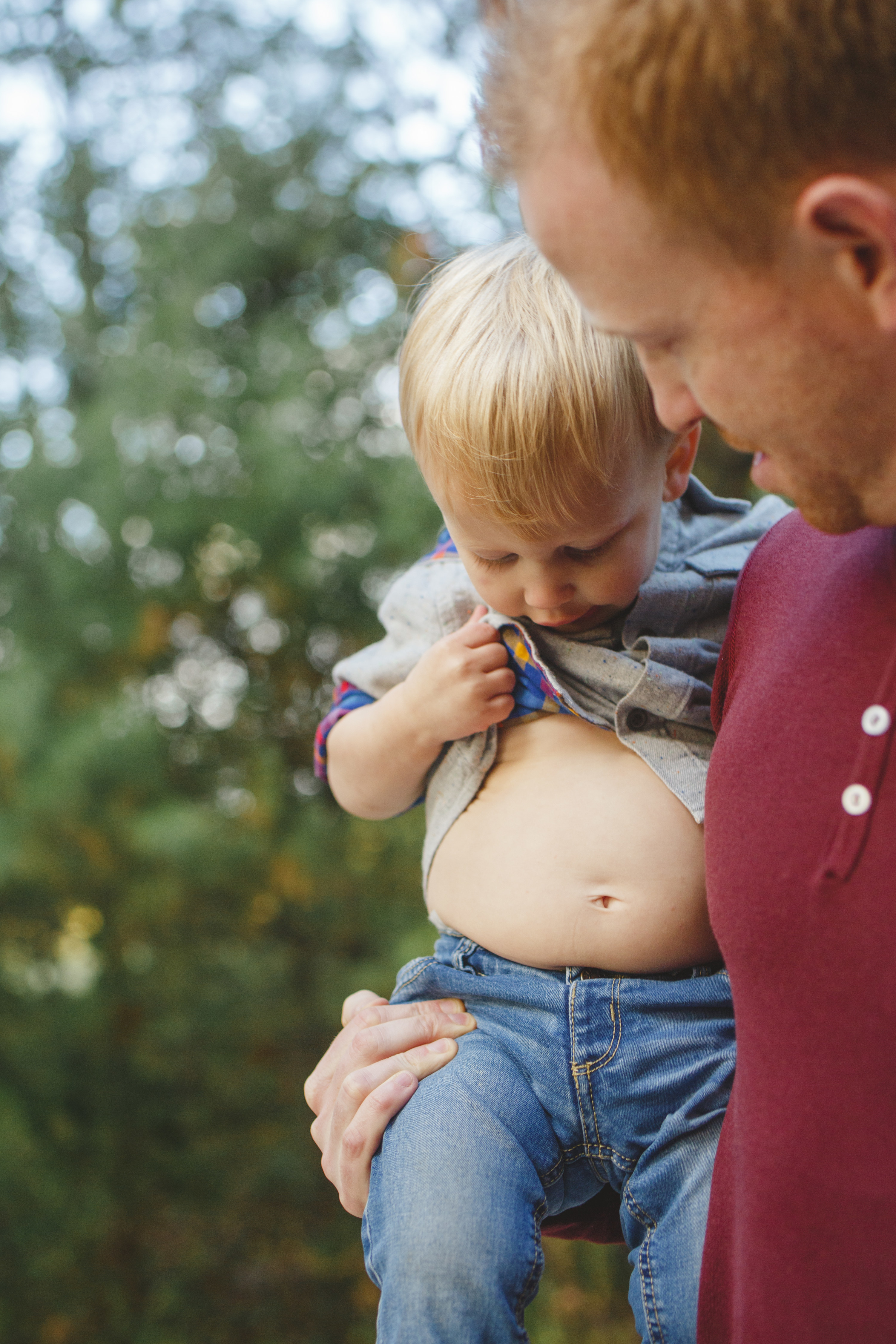
15. "I only really confronted it when I was engaged and planning my wedding. I guess I was thinking about family in general, both my own and my relationship with them, as well as the family I wanted to start with my future husband. It started with unexplained panic attacks. Then, uncontrollable crying triggered by the smallest events. I sought out therapy, and that's when I really faced it. I think for the decade before that I was just ignoring the childhood trauma, pretending I wasn't affected by it."
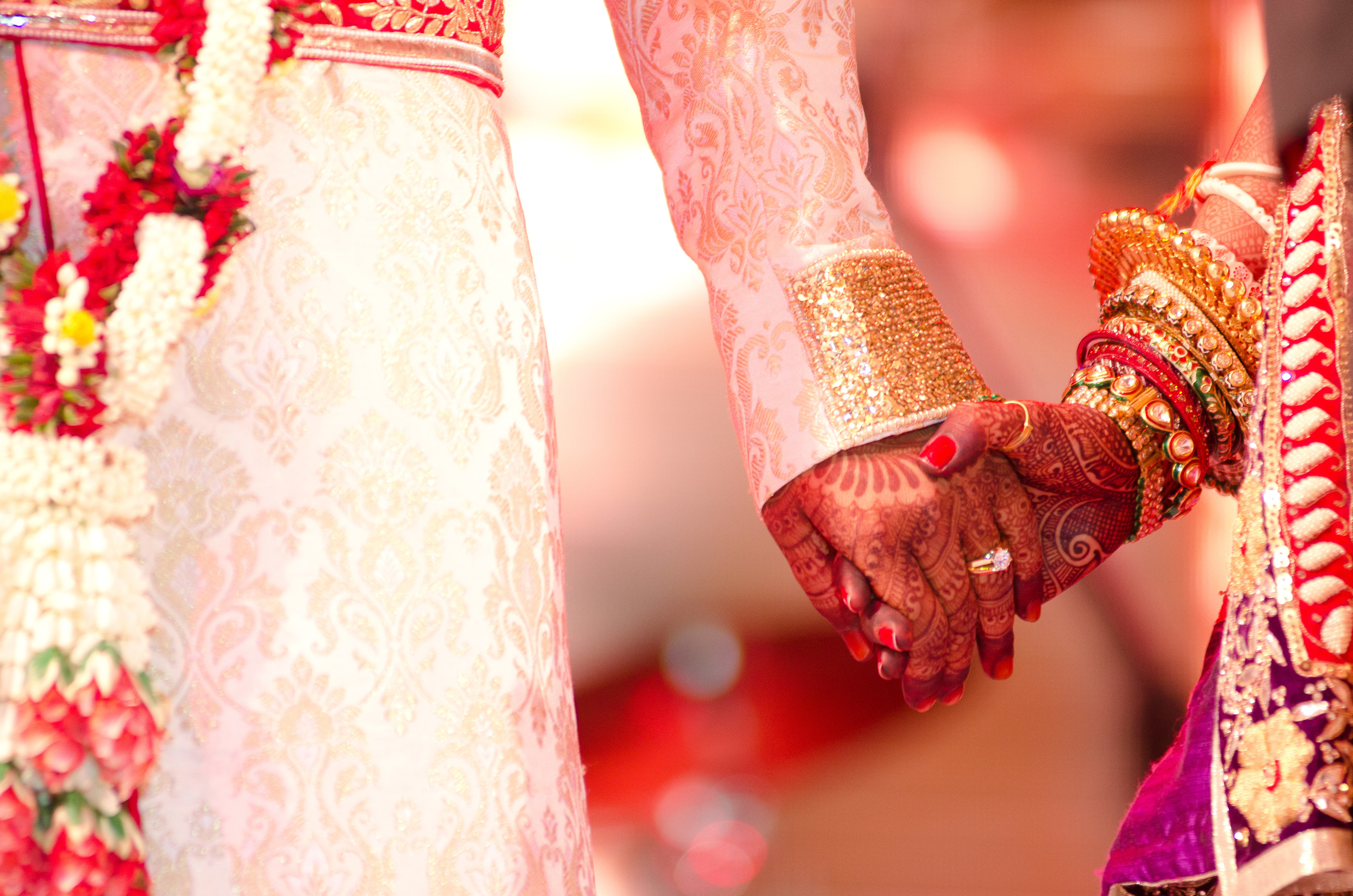
16. "I'm just now realizing it. I over-apologize. I think everything is my fault. I had been getting off the phone with a person close to me, and I would replay our conversations and be really put off by some of the comments made. I started thinking that those comments weren't necessarily needed to have the conversation. It made me really think and observe my past and helped me identify where the breakdown was — and it turns out this one is NOT my fault. But it showed me that I was being conditioned to be the scapegoat."
17. "When I moved away to college, I lived in the dorms during freshmen year. After the first month of the semester, a lot of people on my floor started going home for the weekend because they missed their families. This sentiment never crossed my mind. I was finally free and felt like I needed to emotionally prepare myself whenever I had to go back. I realized this wasn't the norm."

Was there ever an exact moment that made you realize you experienced childhood trauma? If so, tell us what happened in the comments below.
The National Alliance on Mental Illness helpline is 1-888-950-6264 (NAMI) and provides information and referral services; GoodTherapy.org is an association of mental health professionals from more than 25 countries who support efforts to reduce harm in therapy.
